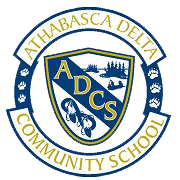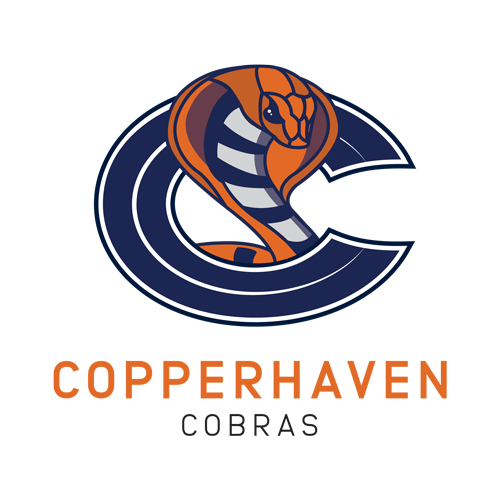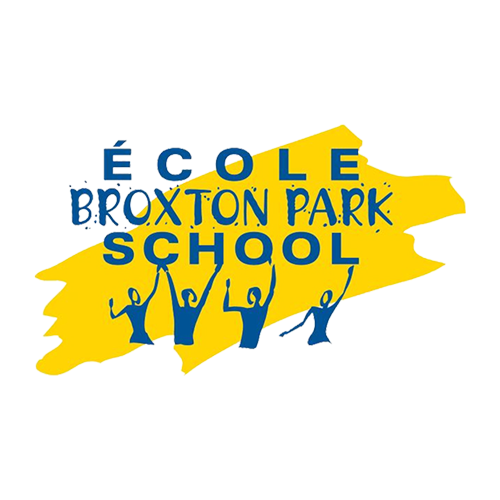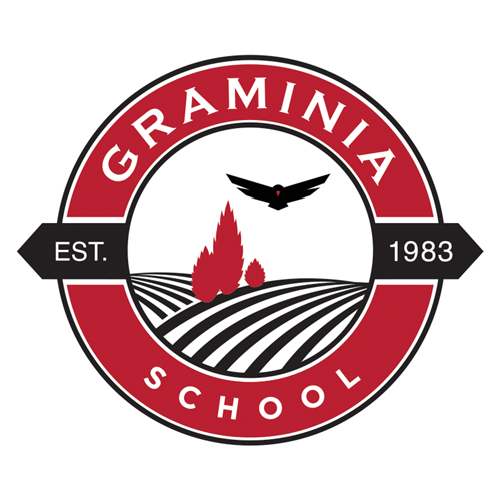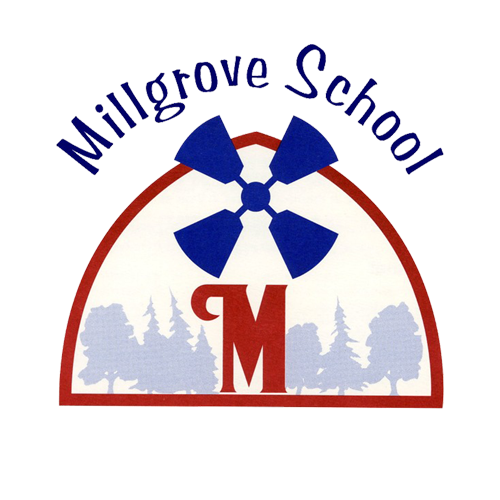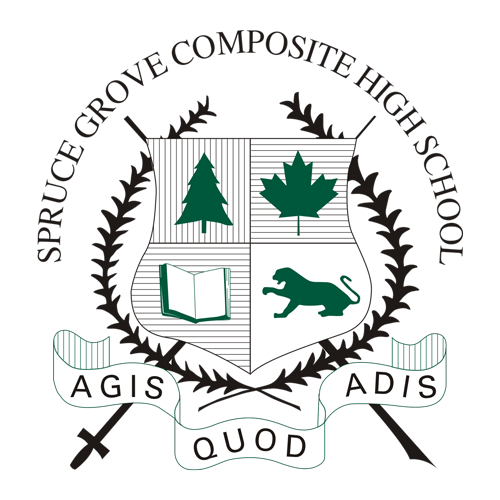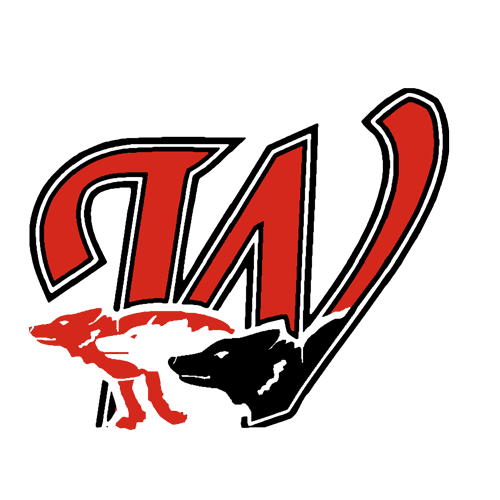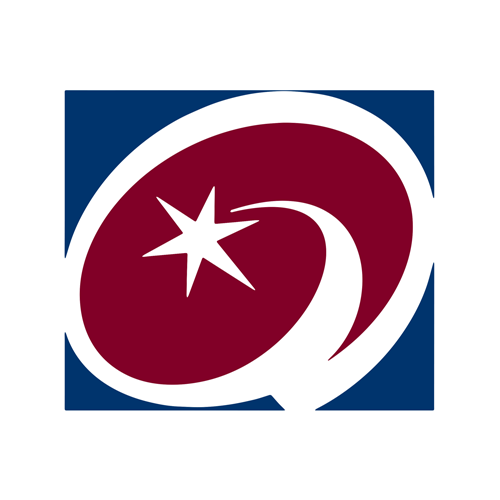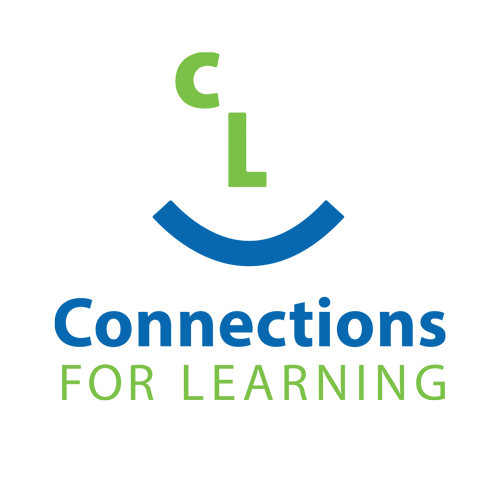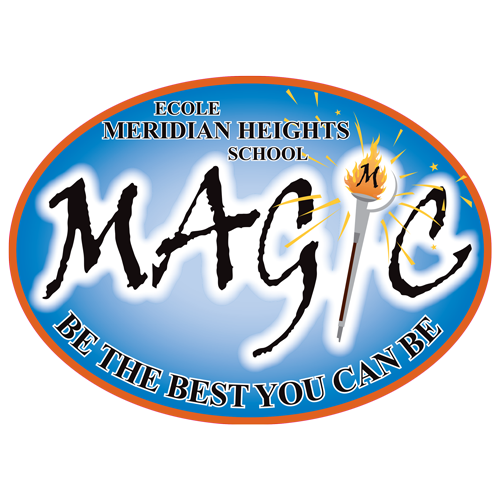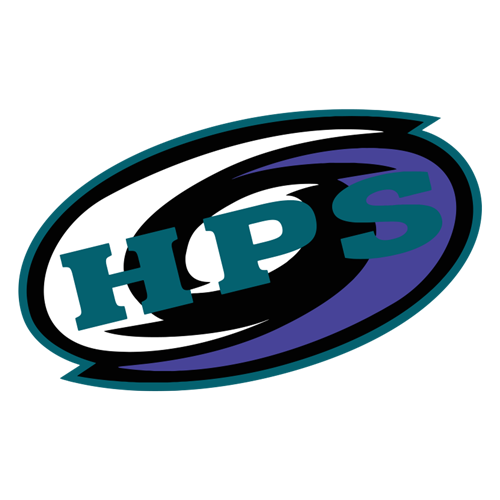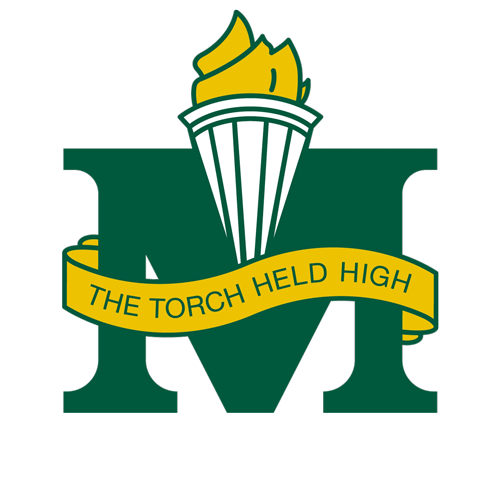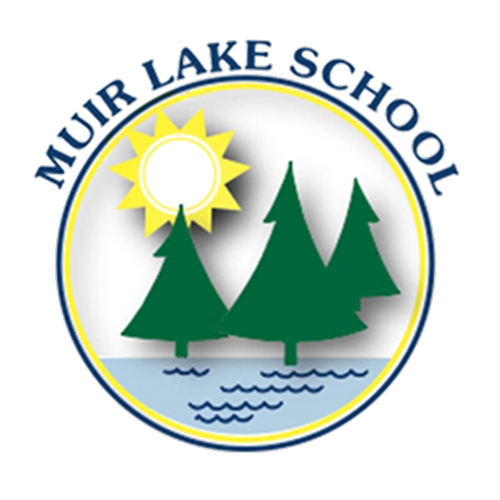AP 534: Honoraria
Business & Finance
Background
From time-to-time individuals provide services in a volunteer capacity or for services for which the payment of fees is not traditionally required or expected. This could include such services as recognition for non-professional guest speakers or lecturers and/or as a gesture of goodwill and appreciation. Also, this could include a token payment for other unique, incidental, and infrequent services. Honoraria may be in the form of cash, cheque, gift, or gift card as identified in this procedure.
Definitions:
a) Fee for Service: shall refer to a payment for a service that is required. Examples of fees for services include, but are not limited to, professional services, performances, educational seminars, etc.
b) Honorarium (plural honoraria): shall refer to a voluntary payment made to an individual or employee that does not represent full compensation for time and effort expended. It may also be a payment for which a fee is not traditionally or normally charged.
a. Half Day: up to 4 hours
b. Full Day: over 4 hours
Procedures:
1. The distribution of honoraria shall be limited as follows:
1.1. That an honorarium shall be nominal;
1.2. That an honorarium shall only be made to an individual for voluntary services for which fees are not legally or traditionally required;
1.3. That an honorarium shall not be reflective of the value of the work done; and
1.4. That an honorarium should only be made on a one-time or non-routine basis to an individual as a “thank you”.
2. Honoraria may be provided to an Elder, a Knowledge Keeper, or to a Cultural Advisor, in consideration of the following principles:
2.1. Elders provide lifelong learning and teachings and shall be recognized appropriately;
2.2. Honoraria and gift-giving are honoured traditions founded on the principles of reciprocity: when something is taken, something shall be given in return;
2.3. An honorarium or gift may be given to express gratitude and appreciation once the Elder, Knowledge Keeper, or Cultural Advisor has completed or fulfilled the request; and
2.4. Elder Gifts may be provided under the discretion of the school.
3. Generally, an honorarium as a “thank you” or gesture of goodwill and appreciation, to a non-professional; guest speaker or lecturer may include the following:
3.1. An honorarium for an individual for conducting a seminar or workshop;
3.2. An honorarium for a guest speaker at an educational event, outreach event or other similar function; or
3.3. An honorarium to a volunteer.
4. Honoraria shall not be provided in instances where the sponsoring employee is obtaining the services of a professional speaker or consultant who performs the requested service for a living, as these individuals shall be considered self employed and therefore receive a fee for service or consulting payment.
5. Honoraria paid to Division employees, whether cash or gift, require the approval of the Superintendent or designate (Associate Superintendent, Corporate Supports and Services).
6. Honoraria paid to non-employees, whether cash, cheque, gift or gift card, require the approval of the appropriate signing authority of the issuing department.
7. The provision of honoraria shall consider that an honorarium may be provided to a maximum amount of $250/half day or $500/full day; specifically:
7.1. Honorariums to Elders, Knowledge Keepers, and Cultural Advisors exceeding these limits shall be forwarded to the Division Principal Northern and Indigenous Relations as an invoice who will review and submit to the Deputy Superintendent for Approval.
8. An Honorarium Request Form 534A shall be submitted to Financial Services via Invoice Entry Web, eight (8) days prior to the payment being required with the following necessary items:
8.1. The recipient’s relevant payment information, including name, social insurance number and mailing address;
8.2. The rationale for payment, and
8.3. Any other documentation as deemed prudent to do so.
9. All relevant and applicable legal and reporting requirements shall be followed when providing honoraria.
10. Honoraria taxation for PSD employees shall be considered as follows:
10.1. In Canada, honoraria paid to employees may be considered as salary and could be taxable income under the Income Tax Act;
10.2. In the case where a gift is substituted for honorarium (gift in lieu of money), it may be classified as a taxable benefit by Canada Revenue Agency; and
10.3. All Honoraria paid to employees shall be issued through the payroll system and reported on a T-4.
11. Honoraria taxation for non-PSD employees shall be considered as follows:
11.1. In Canada, honoraria paid to non-employees are considered taxable income under the Income Tax Act and shall be reported on a T4A; and
11.2. In cases where an honorarium is paid to an individual who is not a resident of Canada, the honorarium is subjected to income tax withholding (usually 15%).
12. The Superintendent, and/or the Associate Superintendent, Corporate Supports and Services reserve the right to approve exceptions to honoraria.

